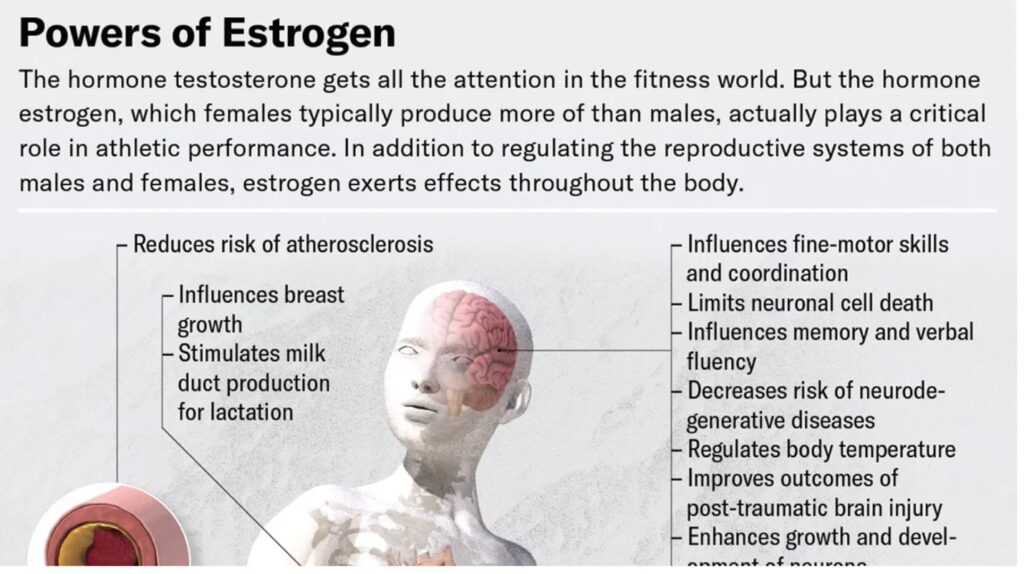Close friends are an important part of life, whether we are starting a new school year as a child, a new job, or in the context of a stable and familiar environment. Whatever the backdrop, close friends help provide a social safety net where individuals can feel understood and protected against perceived obstacles and hardships. In short, friends are an important part of a sense of well-being and belonging, which affects attitudes across a wide spectrum of issues.
The Caucasus Barometer 2008 survey asked people about the number of close friends they have. Close friends were specified to mean “people who are not your relatives, but who you feel at ease with, can talk to about what is on your mind, or call on for help.” In Azerbaijan, 27% of respondents said that they had no close friends. When the results are disaggregated by gender, show a clear divide: women have far fewer close friends. Thirty-seven percent of women reported having no close friends compared to only 17% of men.
The difference is clearly striking – far more Azerbaijani women than men report having no friends. Why? Who are these women? We probed further in analyzing who these women are who say they have no friends, by examining various factors, such as frequency of religious attendance, education, internet usage, settlement type and age. The latter two revealed interesting results.
When we isolated the data by looking at the Azerbaijani women who said they had zero friends. Focusing on the settlement type, about a third of the female respondents asked in the capital and in other urban areas replied that they no friends compared with about half of rural women respondents.
The other factor that proved significant was the age of the respondents. When aggregated into three age groups, only 30% of women under 35 said they have no friends, 37% of women aged 36-55 said the same, compared to nearly half of older female respondents.








